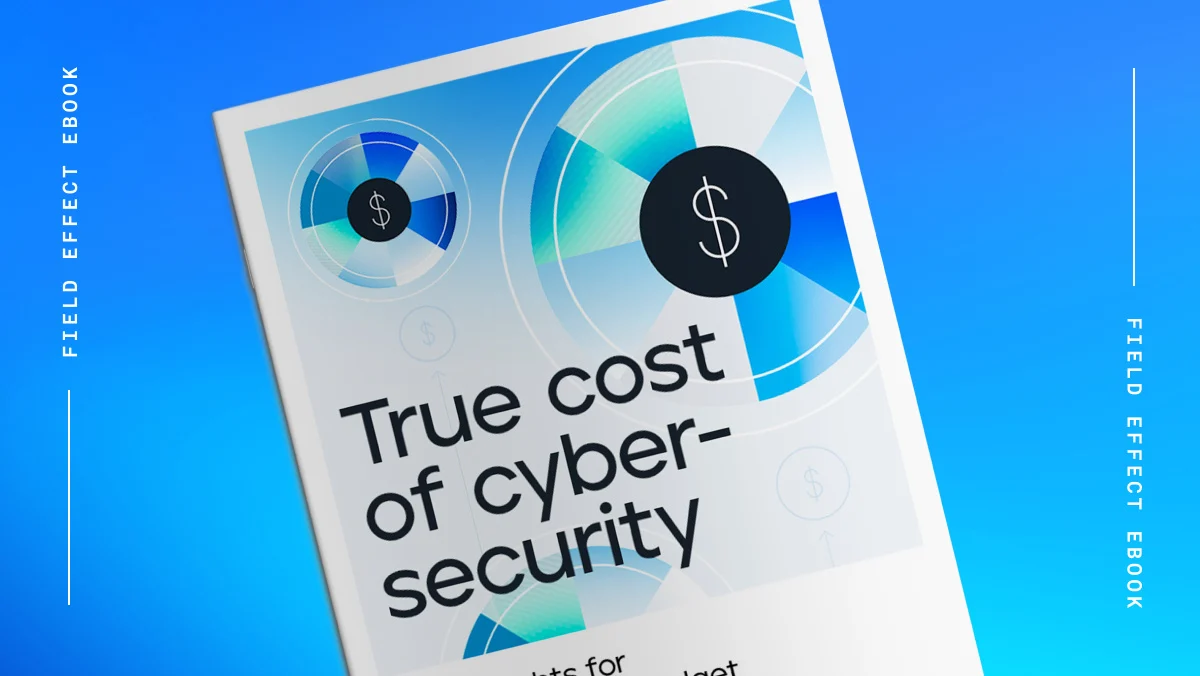
1. What is Cyber Security Breach Response Insurance?
Cyber Security Breach Response Insurance (also referred to as Cyber Insurance or Cyber Liability Insurance) is a policy that helps businesses cover the financial costs associated with responding to a cyber incident. This can include the costs of managing the breach, legal fees, customer notifications, public relations efforts, and other expenses that arise as a result of the attack.
Unlike traditional insurance policies, which may only cover physical damage or property loss, cybersecurity insurance focuses specifically on the intangible, yet costly, consequences of cybercrime and data breaches.
2. Coverage Areas in Cyber Security Breach Response Insurance
A typical cybersecurity breach response insurance policy includes coverage for a variety of expenses, including:
Incident Response Costs
These are the costs directly associated with identifying, managing, and mitigating a cyber incident. These may include:
- Forensic investigations to determine how the breach occurred and what data was compromised.
- Incident response teams to manage the crisis and ensure rapid recovery.
- Data recovery and restoration of services impacted by the breach.
Legal Fees and Costs
Cybersecurity breaches often involve complex legal issues, especially regarding compliance with data protection laws and potential lawsuits. Insurance can help cover:
- Legal representation and advice regarding the breach.
- Regulatory fines if the business is found non-compliant with data protection laws, such as GDPR or CCPA.
- Settlement costs for lawsuits filed by customers or employees whose data was compromised.
Customer Notification and Support
When a breach involves the loss of personal or sensitive information, businesses are often legally required to notify affected individuals. The insurance policy can cover:
- Notification costs (email, phone calls, direct mail) to inform customers or stakeholders.
- Credit monitoring and identity theft protection services for affected individuals to mitigate potential damage.
Public Relations and Reputation Management
A cyber breach can significantly damage a company’s reputation. Insurance can help cover the costs of managing public perception, which includes:
- PR services to manage communications with the media and the public.
- Crisis management to control the narrative and mitigate damage to brand reputation.
Business Interruption Costs
In cases where a breach disrupts business operations, causing financial losses, the policy may cover:
- Lost income resulting from downtime or service disruption.
- Extra expenses incurred to maintain operations during the recovery process.
Ransomware Payments and Extortion Costs
In the case of ransomware attacks, cyber insurance policies may cover:
- Ransom payments to cybercriminals demanding money in exchange for the return of encrypted data.
- Extortion-related costs, such as payments made to prevent the release of sensitive data.
3. Why is Cyber Security Breach Response Insurance Important?
The Increasing Risk of Cyber Attacks
The frequency and sophistication of cyber-attacks have escalated dramatically in recent years. Hackers are targeting businesses of all sizes, from large corporations to small startups. The global cost of cybercrime is projected to reach $10.5 trillion annually by 2025. With these rising risks, businesses must be prepared for potential incidents and understand the financial implications of cyberattacks.
Compliance Requirements
Governments and regulators are increasingly focusing on data protection and privacy. Many laws, such as the General Data Protection Regulation (GDPR) in Europe or California Consumer Privacy Act (CCPA) in the U.S., mandate that businesses notify affected individuals and regulators in the event of a breach. Failure to comply with these laws can result in severe financial penalties. Cybersecurity insurance helps cover the costs of complying with such regulations.
Mitigating Financial Impact
The cost of a cyber incident can quickly spiral out of control, especially for businesses that are unprepared. For instance, a data breach can result in not only direct financial loss but also significant brand damage, legal liabilities, and loss of customer trust. Cyber insurance helps absorb these costs, allowing companies to focus on recovery rather than financial devastation.
4. Challenges and Limitations
While Cyber Security Breach Response Insurance offers substantial benefits, there are several challenges and limitations that businesses should be aware of:
Coverage Gaps
Not all cyber insurance policies are the same. Some may have exclusions for specific types of cyber incidents or may not cover certain high-risk scenarios, such as nation-state attacks. It’s essential for businesses to thoroughly understand their policy’s coverage limits and exclusions before purchasing.
Premium Costs
The cost of cyber insurance premiums can vary widely depending on factors such as the size of the company, industry, and the company’s cybersecurity posture. Companies with stronger cybersecurity measures in place may qualify for lower premiums, while those with weak security practices may face higher rates.
Evolving Nature of Cyber Threats
Cybersecurity threats are constantly evolving, which means that insurance policies need to be periodically updated to reflect new types of risks. A policy that covers today’s threats might not necessarily cover tomorrow’s, so businesses need to regularly review their insurance coverage.
5. Best Practices for Choosing Cyber Security Breach Response Insurance
When selecting cybersecurity breach response insurance, businesses should consider the following best practices:
- Assess Cyber Risks: Conduct a thorough assessment of your organization’s cybersecurity risks to ensure that the policy covers all potential vulnerabilities.
- Review Coverage Limits: Understand the limits of your coverage to avoid being underinsured. Choose a policy that aligns with your risk exposure.
- Consider a Comprehensive Risk Management Strategy: In addition to insurance, invest in robust cybersecurity measures such as employee training, encryption, and threat detection to reduce the likelihood of a breach.
- Work with Experts: Consult with cybersecurity and insurance professionals who can guide you in selecting the appropriate coverage for your business.
6. Conclusion
Cyber Security Breach Response Insurance is a crucial tool for businesses that want to safeguard against the potentially devastating financial consequences of a cyberattack. By covering the costs associated with breach management, legal defense, customer notifications, and reputation repair, this type of insurance ensures that businesses can recover quickly and continue operations with minimal disruption. However, it is essential for organizations to carefully evaluate their risks, coverage limits, and the ever-evolving cyber threat landscape to ensure comprehensive protection. As the cyber threat landscape continues to grow, having the right insurance in place will be an integral part of any company’s risk management strategy.


